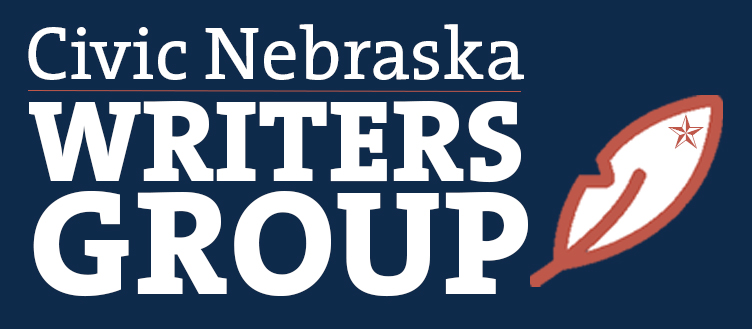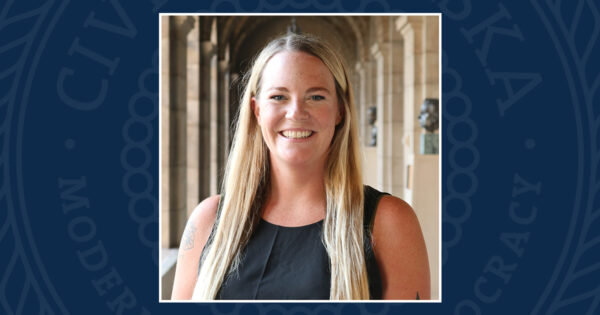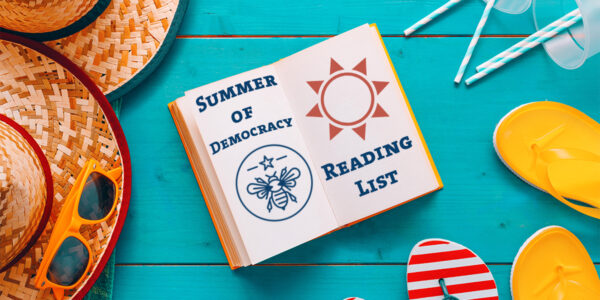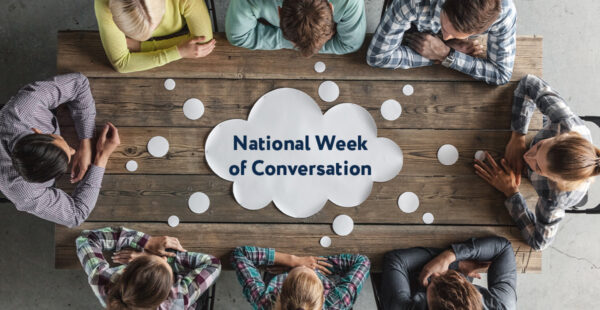I was sitting in the Lima, Peru, airport on Sunday, March 15, 2020. All I knew was Peru would be closing its borders at midnight and anyone without a confirmed plane ticket home would be escorted out of the airport lobby by the national police. Apparently, the country was going on lockdown due to something called … coronavirus?
 My friends and I had just spent two lovely weeks marveling at Machu Picchu and other amazing sights around the country and we were on our way out. Little did I know travel would no longer be in my future for quite some time and life was about to change — drastically.
My friends and I had just spent two lovely weeks marveling at Machu Picchu and other amazing sights around the country and we were on our way out. Little did I know travel would no longer be in my future for quite some time and life was about to change — drastically.
By the time we reached Mexico City, nothing appeared out of the norm (yet). But arriving in Chicago the following day felt like coming home to another country. Masses of passengers were being directed to multiple screening checkpoints. I settled back in Omaha after traveling to one of the most remote destinations I had ever been to, then packed up my office for what was expected to be just a few weeks or months.
What I didn’t know was that in addition to this global health crisis, my community would soon grapple with a series of major social-justice uprisings.
I consider myself a humanitarian. I’m a warrior that champions equity and social justice around the clock. Being a public servant is ingrained into my nine-to-five, my evenings, and my weekends. Though I’m an introvert, I thrive on social connection. I thrive on contributing to making this world a better place. I dare say I live for it.
As a brown woman, diversity, equity, and inclusion hit very close to home. My lived experience makes this so. We can’t fight the fight alone, so what I can tell you is that this work requires collaboration, and pre-COVID, this happened in person. Being thrown into isolation as a person that lives alone, who was used to being around people constantly. The stereotype about Latinos being “touchy-feely” people is true, at least for me. I love being in proximity to people I care about and people in my circle who fuel me with energy and a passion for community. I love to hug people. I love to comfort people. You can’t vibe in the same way with other humans over a computer screen via Zoom.
Living through a global pandemic with so many unknowns means you follow guidelines to stay alive. Isolation, masking up, quarantining. You stop hugging people and instead communicate via technology or through glass doors. So close, but so far away. Then, months later, socially acceptable interactions changed again.
My community work has always had a sense of urgency for me. BIPOC experience systemic injustice daily. Some of our brothers and sisters die from it. This is urgent work. The murder of George Floyd in May 2020 fueled community movements with even more urgency across the nation. Instead of staying home to quarantine because of the pandemic, people took to the streets. Yet another turning tide.
And just when it couldn’t hit any closer to home, it did. The shooting death of James Scurlock in Omaha the same month created an environment I had never imagined in my community. Entire city blocks were evacuated. Armored trucks rolled in. Blockades were set up on the Interstate to close down our city center. My fellow brothers and sisters took to the streets to make their voices heard. A killer virus spreading around the globe was not strong enough to stand in the way of the call for justice.
The global pandemic and the causes that have gained so much attention – rightfully so – have taught me to be flexible and to expect the unexpected. It was a not-so-gentle reminder to fuel my commitment to civic engagement.
Breaking that promise to the community results in things not changing.
So, friends: Travel and see the world. Get exposed to new ideas, new cultures, and new people. After you are refreshed, come home and suit up – in more ways than one. There is still work to be done.

Liz Codina supports local efforts to build thriving communities in the Omaha area. Previously, she worked for nonprofit agencies in program management and development roles. She is among the leaders of the South Omaha Business Association and is vice-president of the Metro Young Latino Professionals Association. For more Civic Nebraska Writers Group columns, click here.




